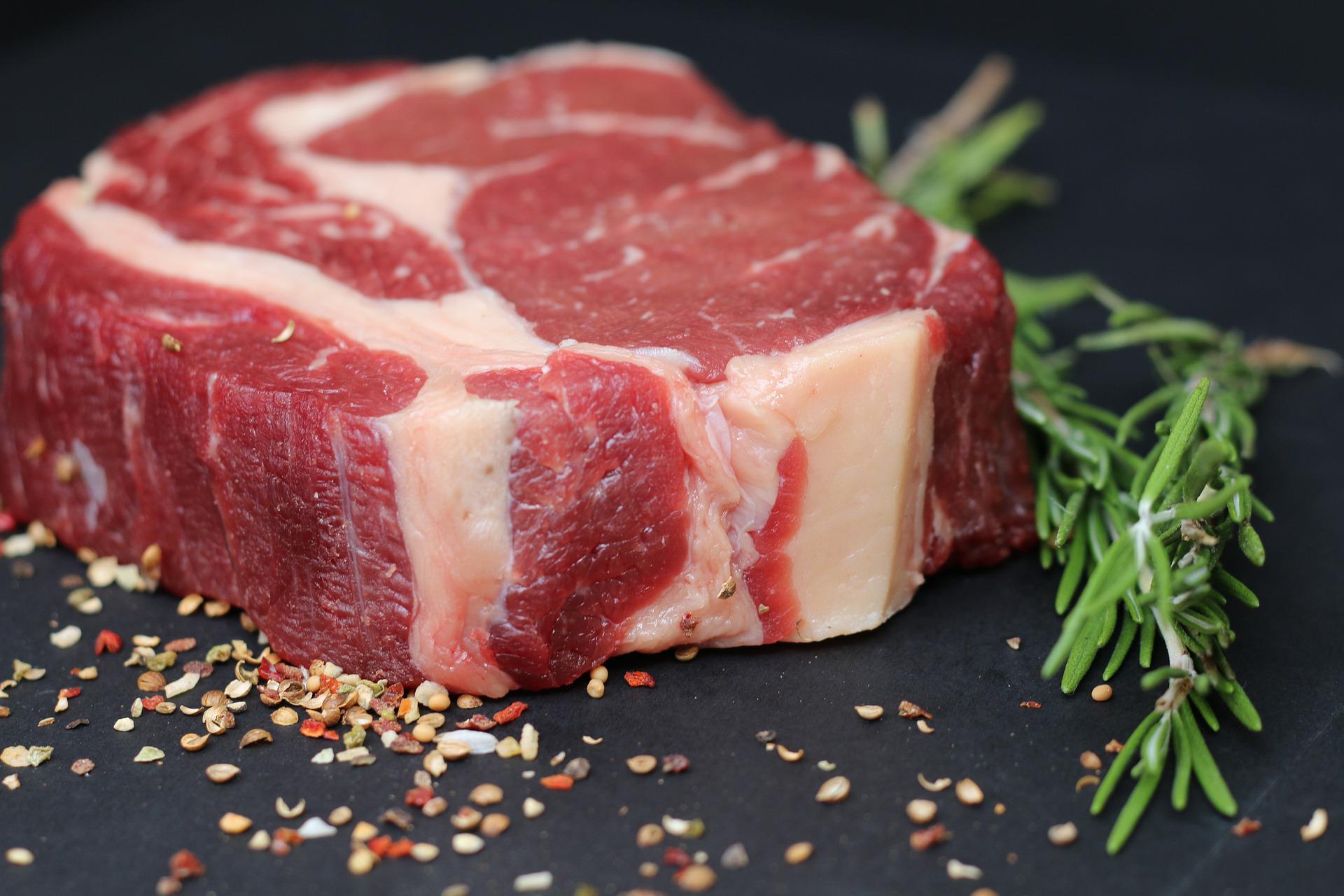
Protein, the main component of organs, enzymes, and hormones that make up the inside of the body, is an organic compound that occupies the second largest amount after water. It not only helps to build and maintain muscles, but also plays a role in producing the energy our body needs. In addition, it maintains the elasticity of the skin through collagen and elastin, produces hemoglobin in red blood cells that transport oxygen throughout the body, and stabilizes the immune system to fight external invasions such as bacteria and viruses. You can. If the intake of protein, which plays such an important role, is insufficient, the supply of essential amino acids that help normal metabolic function in the body’s metabolism decreases. This causes muscle loss and growth retardation due to lack of muscle mass, and at the same time increases the risk of side effects such as reduced immunity and anemia. In addition, protein can cause various problems in the body when consumed in excess as well as insufficient intake, and in severe cases, it can cause disease. So today, let’s take a look at the various side effects that can occur from excessive protein intake. Side effects of eating too much protein
1. Decreased kidney function
The kidneys are two kidney bean-shaped organs on the back. It plays an essential role in the body in excreting unnecessary wastes and maintaining homeostasis in the body such as electrolytes and acid-base metabolism. When you eat protein, nitrogen by-products are formed, which the kidneys filter out from the blood. An adequate amount of protein intake does not cause any major abnormalities, but if excessive intake proceeds in a repetitive form, it increases the production and excretion of urea, a nitrogenous waste product, and puts a strain on the kidneys. In fact, according to data published in the American Journal of Clinical Nutrition, it was also revealed that when protein is consumed excessively, a lot of nitrogenous wastes are formed in the body during the metabolic process, which puts a lot of strain on the kidneys, which excrete wastes.
2. Digestive Disorders
Consuming too much protein can interfere with normal digestion. Protein maintains the feeling of fullness for as long as possible because it is not easily digested, but digestion is slowed accordingly. Therefore, when you consume too much protein, problems such as digestive disorders, constipation, and bloating can occur due to slow digestion. As a way to solve this problem, it is important to consume a proportionate amount of dietary fiber.
3. Symptoms of dehydration
If you eat too much protein, you may experience symptoms of excreting a lot of water that should be kept constant inside the body. Protein intake in larger amounts than usual increases the level of nitrogen in the blood, which is converted into ammonia and excreted from the body. And when the toxic ammonia builds up in your body, your body releases more water to dilute it, which can lead to dehydration.
4. Liver abnormalities
The liver, the largest organ in our body, is involved in various metabolisms in the body, such as detoxification, storage of nutrients, and production of bile. Nitrogen by-products that increase after protein intake are broken down in the liver and excreted from the body through the kidneys. Excessive intake of protein can cause problems by overloading the liver function that breaks down nitrogen by-products, and when prolonged, it increases the risk of various related diseases.
5. Increased uric acid production
Excessive protein intake increases the production of uric acid. Uric acid is the final breakdown product of metabolism in the liver, which is excreted in the urine via the kidneys. If you eat too much protein, uric acid will not be properly excreted. And when this action is prolonged, uric acid is deposited into the joints, increasing the risk of metabolic diseases such as gout.
In addition to the side effects mentioned above, maintaining a high-protein diet consisting only of animal protein increases the saturated fat and cholesterol content, which increases the risk of adult diseases such as high blood pressure and diabetes. In addition, continuing a diet high in protein and saturated fat can increase calcium loss and increase the risk of osteoporosis. In addition, the continuation of a diet high in protein can also cause bad breath by increasing the release of volatile sulfur compounds produced by anaerobic bacteria decomposing proteins in the mouth. Other than that, if you eat too much protein without reducing your daily calorie intake, it will cause weight gain. How to Eat the Right Protein
In order to prevent problems caused by excessive protein intake, it is recommended to consume 0.8 to 1 g per 1 kg of body weight. In order to prevent problems with the intake of animal protein, it is recommended to reduce the intake of red meat or processed meat, and to balance

































